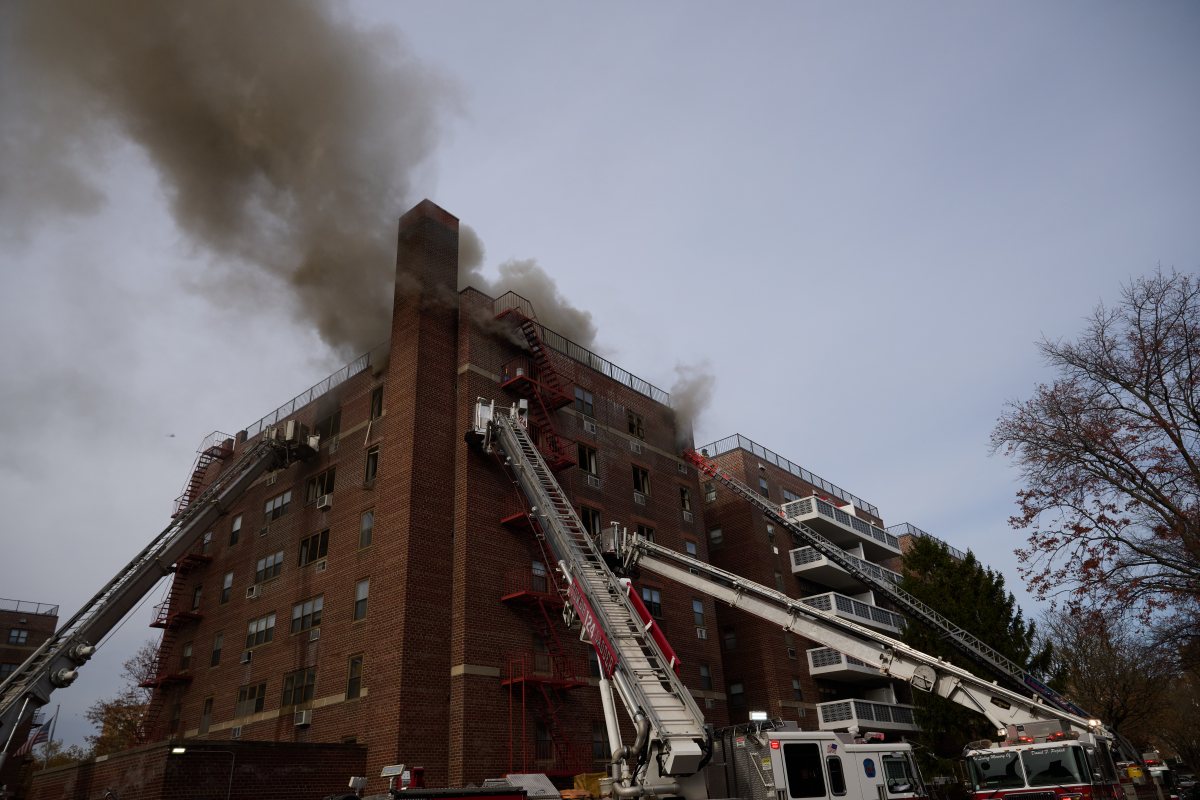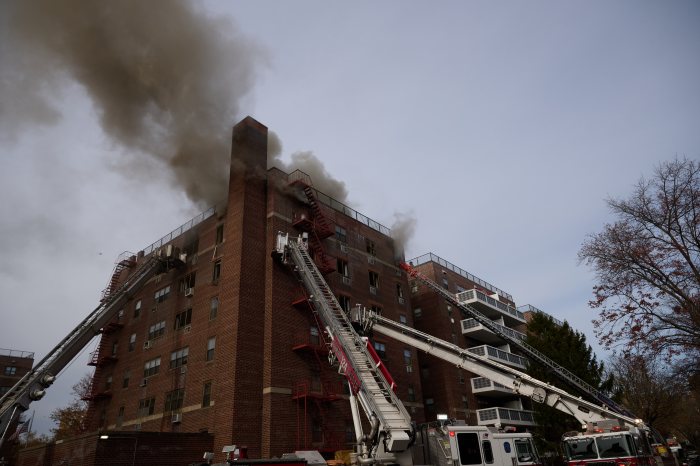By Christopher James
Sustainability has been a key initiative at New York University, with widespread support among students, faculty, staff and administrators, and our efforts have been very much in keeping with the sustainability goals and aspirations of New York City, as well.
Since 2006, when N.Y.U. established its Sustainability Task Force and began work on its Green Action Plan, the university has made noteworthy strides in reducing carbon emissions, cutting energy consumption, lessening waste, increasing recycling and supporting grassroots sustainability ideas. The efforts have been widely supported on campus, and sustainability concerns are increasingly part of the campus culture. Over the past year there have been some particularly impressive milestones.
In January, N.Y.U. opened its state-of-the-art cogeneration facility, the largest in the city. The result of a 28-month, $125 million project, it reduces air pollutants by 68 percent and permits N.Y.U. to meet its commitment to Mayor Bloomberg’s PlaNYC Climate Challenge — a 30 percent reduction in greenhouse gas emissions — a full six years ahead of schedule.
Since 2006, N.Y.U.’s conservation efforts have led to a 28 percent reduction in energy use, equivalent to the electrical requirement of 41,000 average New York City homes.
N.Y.U. has also moved to single-bin recycling for paper, metal, glass and other recyclables. Other waste reduction efforts include a new, broad-based “technoscrap” pickup and composting in dining halls and select student residences.
Under its Green Grants Program, in the last three years, N.Y.U. has awarded $300,000 to more than 50 separate student-, faculty- and administrator-led projects.
In one of these projects, The Green Apple Move-Out, in order to reduce end-of-year waste, N.Y.U. has partnered with Goodwill to provide easy access to bins where students can donate gently used items. Last year, the Green Apple Move-Out diverted more than 30 tons of items that otherwise would have ended up as waste.
In addition, there is NYUnplugged, the university’s annual energy-saving challenge in which students compete to cut electricity use in their residence halls. In fall 2010, NYUnplugged led to a 7.3 percent reduction in electrical usage in student residences, eliminating about 100 metric tons of carbon emissions.
N.Y.U. has also established the first, free, large-scale bike-sharing program in New York City. Launched last July, the program now has more than 500 registered users who received training on safety and bike-riding skills. In addition, working with the city, a number of new bike racks have been installed around N.Y.U.’s Washington Square core to meet the growing number of cyclists.
The extent and success of N.Y.U.’s sustainability efforts over the past few years have earned it widespread recognition and honors.
N.Y.U. earned a gold rating from the Sustainability Tracking Assessment Rating System (STARS), the most comprehensive, transparent evaluation metric available to gauge universities’ progress toward sustainability. N.Y.U. is currently among the top five rated U.S. schools, and is the highest-rated in the Operational Performance category.
N.Y.U. received the Campus Sustainability Leadership Award from the Association for the Advancement of Sustainability in Higher Education.
N.Y.U. also received a “green rating” of 96/100 in the Princeton Review’s 2010 Guide to Green Colleges.
In addition, N.Y.U. was recognized as one of 20 “Cool Schools” by the Sierra Club.
And N.Y.U. was ranked No. 1 on the U.S. Environmental Protection Agency’s Top 10 College and University List in 2007 and 2008.
James is a member of N.Y.U.’s Office of Public Affairs





































